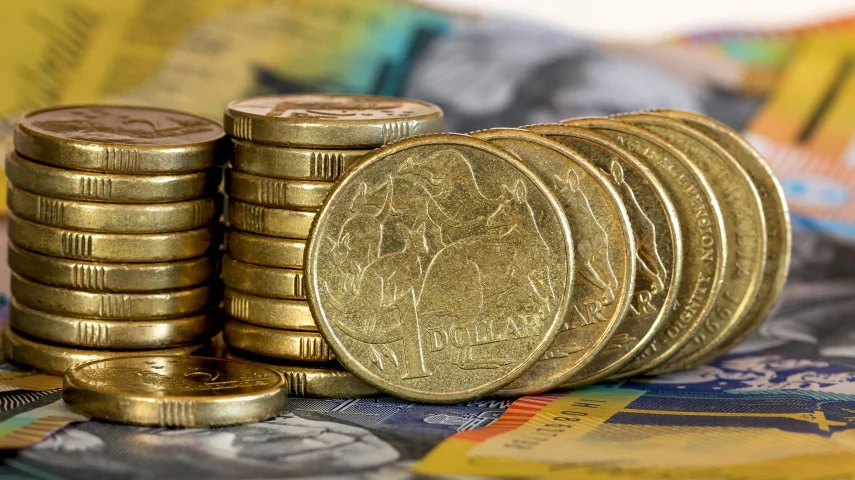Merger activity drives Regal’s quarterly FUM rise



Regal Partners has announced the impact of M&A on its FUM results for the September quarter amid its recent bid to acquire Platinum.
In an ASX announcement, the specialist alternative investment manager said it has seen its FUM rise from $12.3 billion at 30 June to $17.2 billion at 30 September 2024 – marking a 41 per cent growth.
“The increase (excluding acquisitions) was driven by a combination of continued net client inflows and positive investment performance across a range of investment strategies,” Regal stated.
This included net inflows of $400 million over the three months, underpinned by flows into PM Capital’s global long/short strategy alongside rising demand for its recently launched multistrategy investment vehicle, the Regal Partners Private Fund.
It also saw a 4 per cent increase versus the $16.5 billion of pro forma FUM at 30 June 2024, which included the $235 million Merricks Capital acquisition and its 40 per cent stake in Argyle Group for $12 million that both reached completion in July.
Merricks is a private capital and alternative investment specialist, while Argyle is a specialist asset manager of Australian water entitlement portfolios based in Queensland.
This brought total net flows for the first nine months of the 2024 calendar year to $1.2 billion.
“Positive investment performance contributed 4 per cent or $0.6 billion of the FUM growth for the quarter, reflecting favourable returns across a range of strategies and was particularly strong across the long/short equities strategies, multistrategy and credit funds.”
Speaking on a shareholder call following its 1H24 results in August, Regal Partners CEO Brendan O’Connor said the firm was “match-fit” for future acquisitions.
“The possibility of further acquisitions is very real, we are looking at other possibilities. We take a disciplined approach to executing on those and only so when they are culturally aligned and accretive to Regal shareholders,” he said.
In light of this, Regal has been in ongoing talks with Platinum Asset Management regarding a potential takeover bid.
Last month, Regal made an offer for Platinum which was unanimously rejected by the Platinum board who felt it undervalued the company. The initial offer would have seen Platinum shareholders receive 0.274 Regal shares for each Platinum share held. Moreover, prior to implementation of the scheme, Platinum would be permitted to pay a fully franked special dividend to its shareholders, from its own cash reserves, of 24¢ per Platinum share.
The consideration would be reduced for Platinum’s FY24 final dividend, which was previously announced last month at 4¢ per Platinum share, and any other dividend paid by Platinum other than the permitted 24¢ per Platinum share special dividend.
In a later ASX statement on 4 October, Platinum said it has since granted an initial period of non-exclusive, mutual due diligence with Regal. This time will allow Regal to improve the value and terms of its proposal which has been acknowledged by Regal as the basis for the initial engagement, and for Platinum to assess the absolute and relative value of Regal share consideration and the costs and benefits of any combination.
It noted there is no guarantee that discussions with Regal will progress or that it will submit a revised proposal. The Platinum board said it remains open to other proposals from Regal or other third parties if they are on terms that deliver appropriate value for Platinum shareholders.
Recommended for you
Clime Investment Management has welcomed an independent director to its board, which follows a series of recent appointments at the company.
Ethical investment manager Australian Ethical has cited the ongoing challenging market environment for its modest decrease in assets over the latest quarter.
Commentators have said Australian fund managers are less knowledgeable compared with overseas peers when it comes to expanding their range with ETFs and underestimating the competition from passive strategies.
VanEck is to list two ETFs on the ASX next week, one investing in residential mortgage-backed securities and the other in Indian companies.















